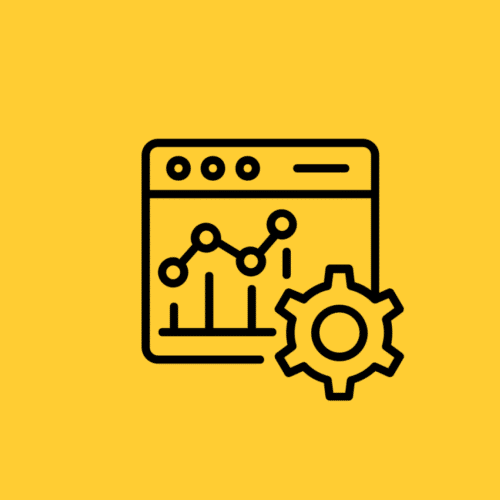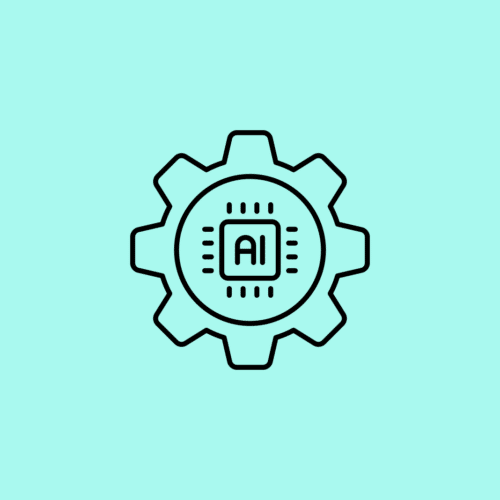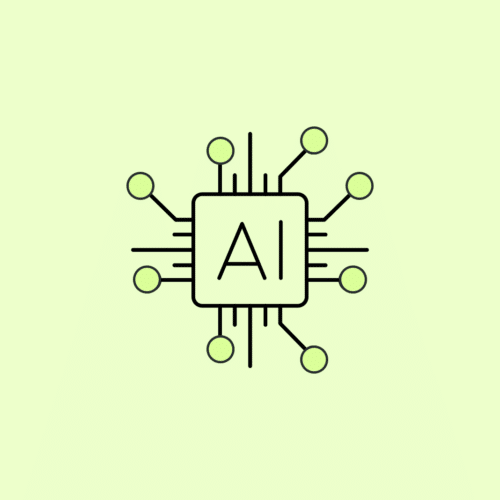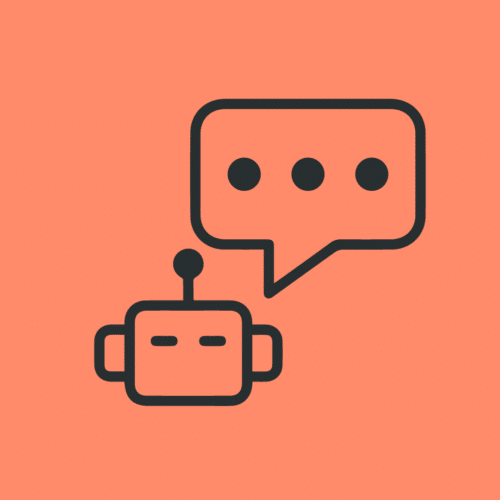BLOG
Chatbots on the Work Floor: 4 Ways AI Helps Manufacturing Employees Work Smarter
Efficiency and productivity aren’t just nice-to-haves on the factory floor. For manufacturers, they’re key tactics for maintaining a competitive edge. And with the help of AI, the manufacturing industry is witnessing a significant evolution—one in which chatbots on the work floor are revolutionizing traditional manufacturing processes.
If you’ve been looking for ways to elevate your manufacturing floor operations, reduce costs, and enhance employee productivity, introducing AI-driven chatbots are the key to unlocking a more efficient, productive, and smarter working environment. Here are four crucial ways chatbots help manufacturers exceed operational productivity goals.
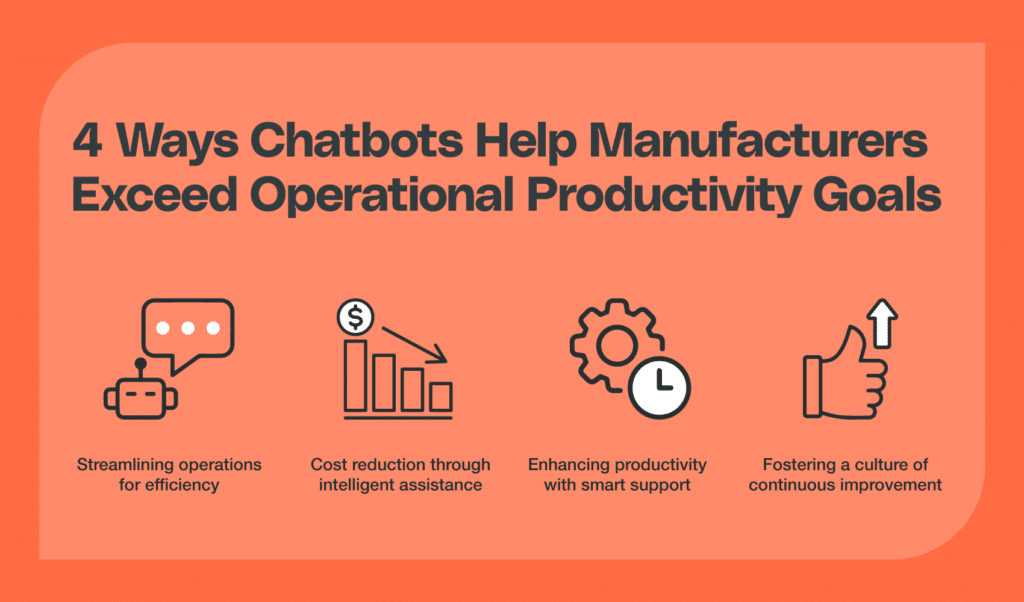
#1 Streamlining operations for efficiency
The success of any manufacturing operation lies in its ability to produce high-quality products efficiently, and AI-powered chatbots are starting to play a key role in streamlining operations. By providing real-time data and insights, chatbots can guide employees through complex processes, suggest optimizations, and troubleshoot issues without human intervention. For example, tech teams can describe certain issues to chatbots. The chatbot can then advise the tech team on suggested corrective actions. Having this immediate access to critical information can significantly reduce downtime and keep a steady flow of production while ensuring quality control.
#2 Cost reduction through intelligent assistance
One of the most compelling reasons for integrating chatbots in manufacturing is the potential for substantial cost savings. By automating routine inquiries and tasks, chatbots free up employees’ time, allowing them to focus on more critical, value-added activities. What’s more, AI-driven chatbots can tap into existing databases and remind workers of upcoming maintenance needs, preventing costly equipment failures and unplanned downtime.
#3 Enhancing productivity with smart support
Today’s manufacturing employees are expected to adapt to new technologies and processes quickly. Chatbots can play a pivotal role in enhancing their learning by offering personalized, on-demand support. Whether that’s by providing training materials, answering process-related questions, or giving task status updates, chatbots can ensure employees are always equipped with the knowledge they need. This doesn’t only increase individual productivity but also enhances the coordination of teams as a whole, leading to overall better performance and output.
#4 Fostering a culture of continuous improvement
Chatbots can help foster a culture of continuous improvement. With the help of AI-driven insights, bottlenecks can be identified faster and they can suggest areas for improvement. For instance, on an automotive assembly line, a chatbot can suggest workflow adjustments to assembly line workers and managers. This can help minimize downtime and optimize production efficiency, contributing to a leaner, more adaptive manufacturing process. It can also encourage manufacturing floor employees to think critically about their workflows and embrace a continuous improvement mindset.
Making the strategic move towards a more productive future with chatbots
Introducing chatbots to the work floor isn’t just about staying on top of tech trends—it’s about creating a more efficient, cost-effective, and productive future for your manufacturing business.


